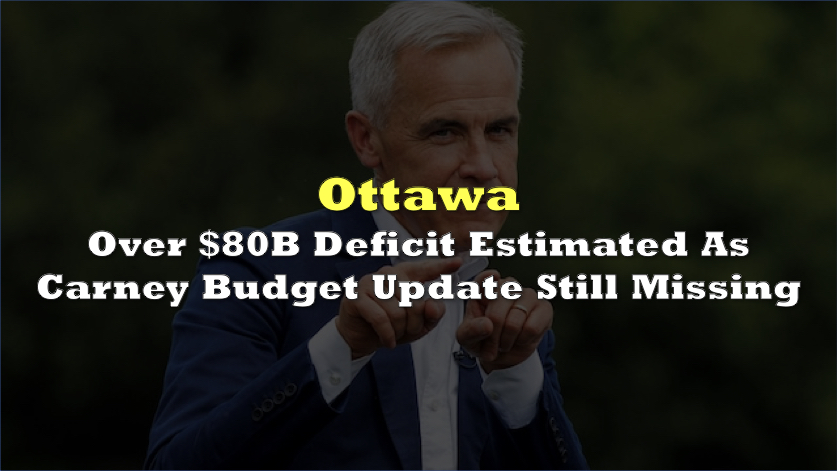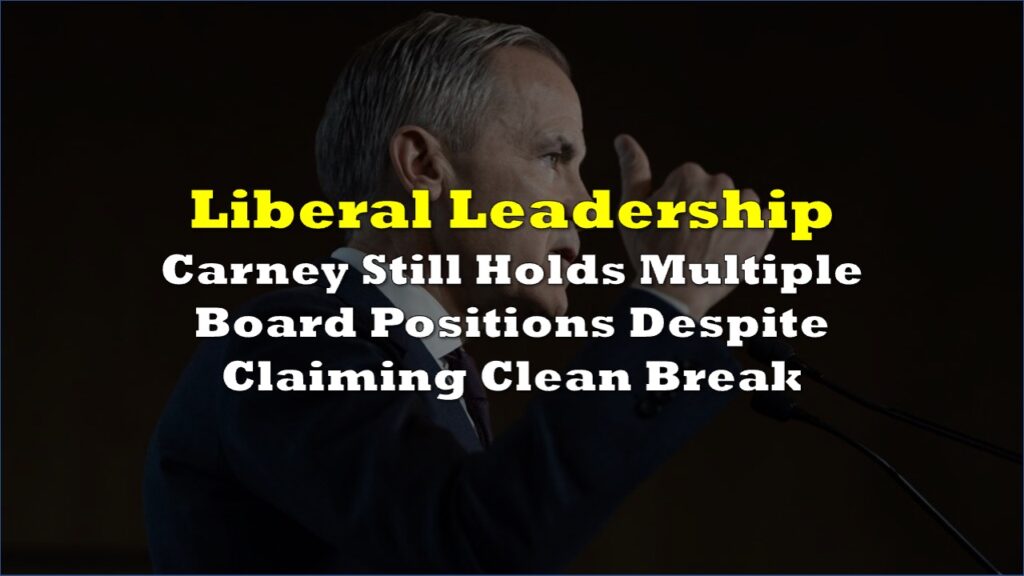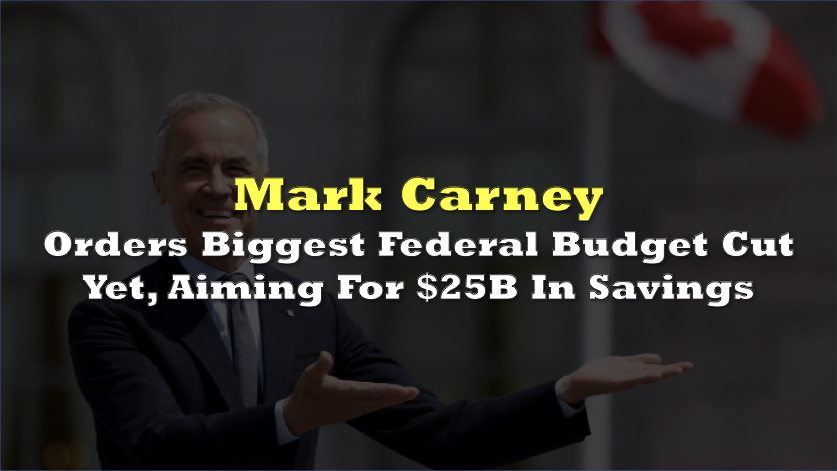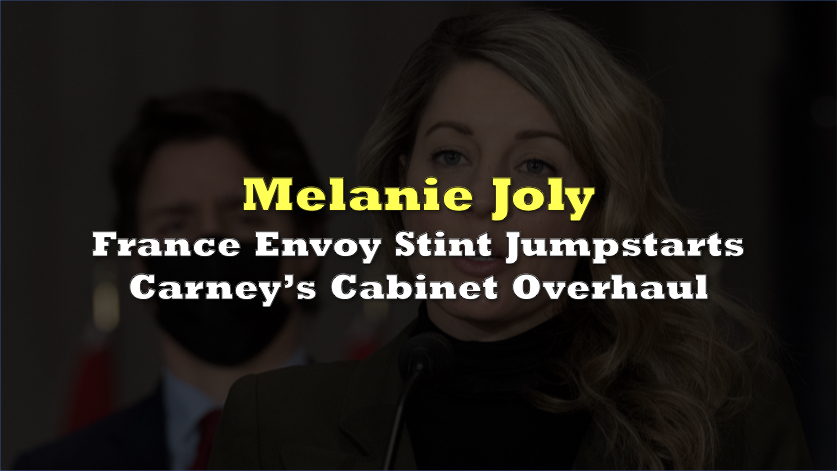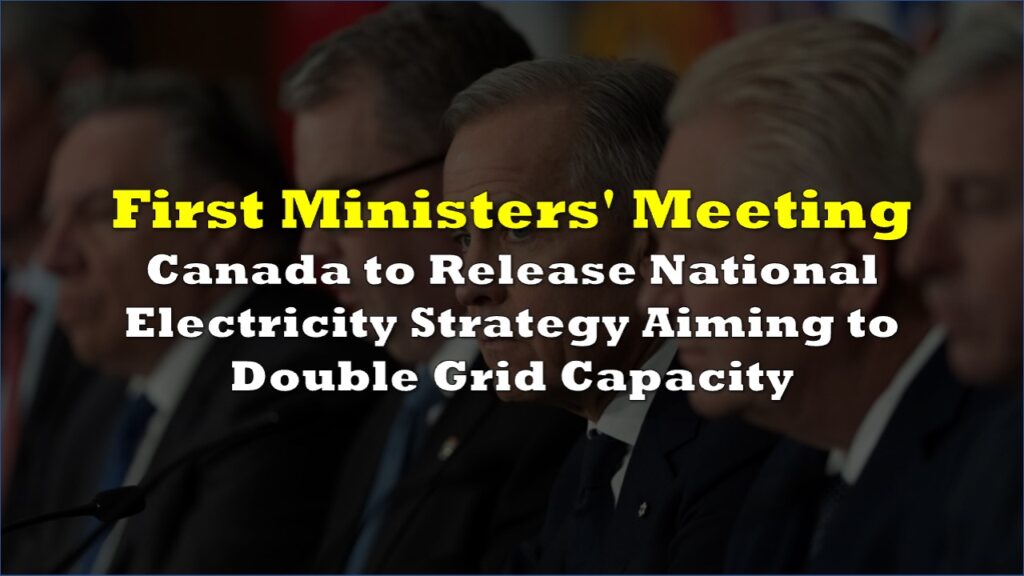Prime Minister Mark Carney’s budget is being put into question in reference to disclosing the size of his government’s 2025 deficit, as estimates from the Bloc Québécois and Conservatives now bracket the shortfall between $80 billion and $84 billion, the largest since the pandemic and well above Ottawa’s prior track.
The 2025 budget year began April 1, yet cabinet has not tabled its plan or provided numbers, intensifying scrutiny over the gap. The fiscal opacity contrasts with December’s update that put the 2023 deficit at $61.9 billion, 55% higher than expected, and 2024 at $48.3 billion, 21% above projections, before this year’s policy shifts.
“People are talking about a deficit of some $80 billion. This is an historic amount,” Bloc leader Yves-François Blanchet told reporters, adding that Carney made former Prime Minister Justin Trudeau “look stingy.”
Blanchet’s $80 billion estimate incorporates higher military outlays, the elimination of $30 billion in countertariffs, and other campaign pledges.
Conservative leader Pierre Poilievre went further, pegging the hole at $84 billion and accusing the prime minister of backtracking.
“It looks like Mark Carney’s deficit will be even bigger than the one Justin Trudeau left behind,” he said, adding, “he has 86,000 more unemployed people than Justin Trudeau had.”
On top of Bloc and Conservatives estimates, conflicting benchmarks underscore the disclosure gap policymakers must close:
- $42.2 billion — the deficit for 2025-26 previously pegged in Ottawa’s late-2024 outlook (pre-tax cut, pre-tariff rollback).
- around $62 billion — the Liberals’ campaign-platform deficit for this year (assumed $20 billion in countertariffs, which are now mostly gone).
- over $70 billion — estimate from Randall Bartlett, deputy chief economist at Desjardins; above $60 billion — estimate from Alexandre Laurin, director of research at the C.D. Howe Institute, as independent analysts factor expectations for the current year given revenue and policy shifts.
The government also enacted a one-percentage-point personal income tax cut effective July 1, pledged to ramp defence to meet NATO commitments, and introduced Bill C-5 to accelerate major projects amid a deteriorating trade relationship with the US. Fiscal experts argued the fall budget must transparently show the revenue impact of the trade war and the costs of “re-shoring” supply chains and diversifying markets.
Carney has promised to balance the “operating budget” by 2029, but the Parliamentary Budget Office has questioned the goal, noting no clear definition for what counts as “operating” versus “non-operating” spending.
Finance Minister François-Philippe Champagne said program spending would be trimmed 15% over three years, potentially with public service “adjustments.” Yet a C.D. Howe analysis in mid-August projected only $22 billion in savings by 2028-29, less than half of what it judges necessary to put federal finances on a “fair and prudent path.”
Carney has acknowledged the status quo is “not a sustainable situation,” offering only vague assurances of finding “efficiencies.”
Information for this story was found via CP24, Blacklock’s Reporter, and the sources and companies mentioned. The author has no securities or affiliations related to the organizations discussed. Not a recommendation to buy or sell. Always do additional research and consult a professional before purchasing a security. The author holds no licenses.

